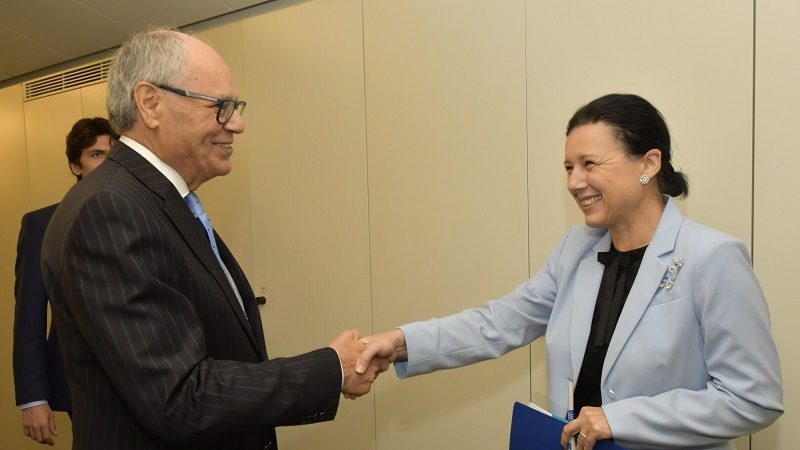The European Commission is preparing to issue binding demands on Malta financial regulator after an EU watchdog found “systematic” weaknesses in its enforcement of anti-money laundering rules, The Financial Times reports.
This is the first time Brussels will order a Member State to strengthen enforcement of its anti-money laundering rules after an EU watchdog found “systematic” weaknesses in its enforcement of anti-money laundering rules.
EU Justice Commissioner Vera Jourova told The Financial Times that Brussels would publish a “formal opinion” on action that must be taken by Malta after its financial conduct regulator failed to address concerns raised by the European Banking Authority (EBA), the EU banking watchdog, in July.
Jourova said the Commission was reacting to the EBA’s report that included concrete proposals for improving the functions of Malta’s financial intelligence unit (FIAU).
The report, which focused on the supervision of Pilatus Bank, warned of “general and systematic shortcomings” in the FIAU’s work. The agency is tasked with combating money laundering.
Ali Sadr Hasheminejad, the owner of Pilatus Bank, was accused by US authorities of setting up the bank with criminal proceeds. The bank’s license was revoked this year after Ali Sadr was arrested in the US over allegations of evading sanctions against Iran.
Meanwhile, Finance Minister Edward Scicluna has repeatedly downplayed concerns on allegations of money laundering in Malta, going as far as saying the negative press was the result of a targeted campaign to discredit Malta’s name.
In an opinion piece published in The Times of Malta, Scicluna referred to the FIAU being in breach of the third anti-money-laundering (AML) directive by not following the correct procedures during his watch as Finance Minister. But any criticism was shot down as “the PN’s dog-eared plan to bring down the government as they did in 1998, with tactics dating further back to the early 1980s, familiar to those still alive to remember”.
It comes as no surprise that these words did not dent Brussel’s determination to ensure Malta gets its act together, even using little-known powers in EU law to issue binding demands on Malta’s financial regulator. The Commission even plans to boost the powers of the EBA to fight dirty money flows.
The announcement of the Commission’s intentions comes on the day the Delta Summit is launched to establish Malta’s reputation as the Blockchain Island. In a meeting with junior minister Silvio Schembri, Jourova stressed “the need to ensure money laundering risks are addressed”.














